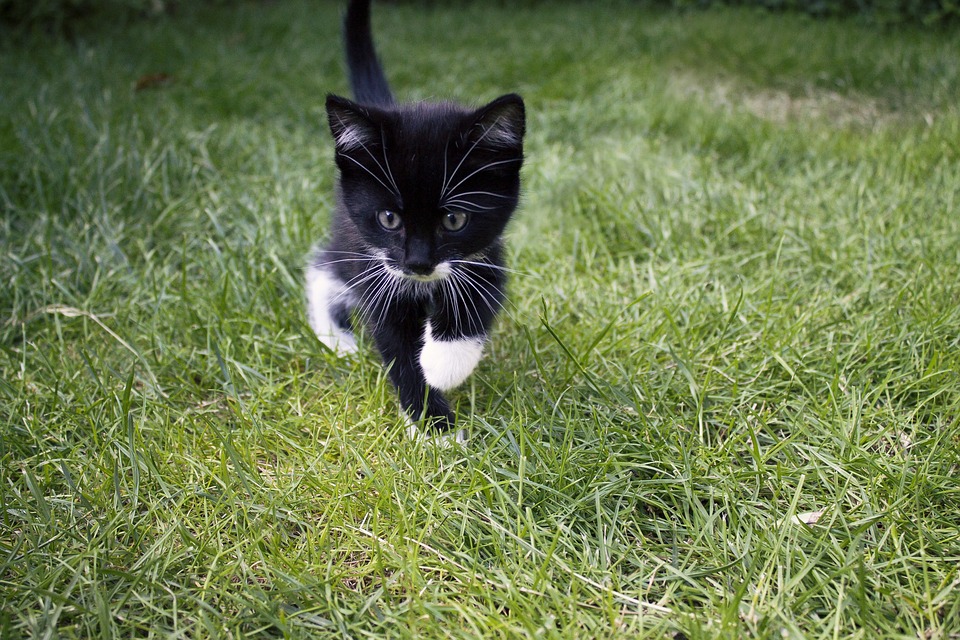In conclusion, a grain-free diet can be a beneficial choice for cats, particularly those with allergies or sensitivities to grains. It can improve their digestive health, reduce the risk of allergies, help with weight management, promote a healthy coat and skin, and provide them with the energy and nutrients they need. However, it is important to consult with a veterinarian before making any significant dietary changes for your cat. They can assess your cat’s specific needs and help determine if a grain-free diet is suitable. Remember to prioritize high-quality animal proteins and natural ingredients when selecting a grain-free cat food. While it may be slightly more expensive, investing in your cat’s health through a grain-free diet can potentially save you money in the long run by preventing costly health issues. Kittens can also be fed a grain-free diet, but it is crucial to choose a formula specifically formulated for their growth and development needs. Finally, remember to transition your cat to a new diet gradually to avoid digestive upset. Overall, providing your cat with a grain-free diet can contribute to their overall well-being and longevity.









